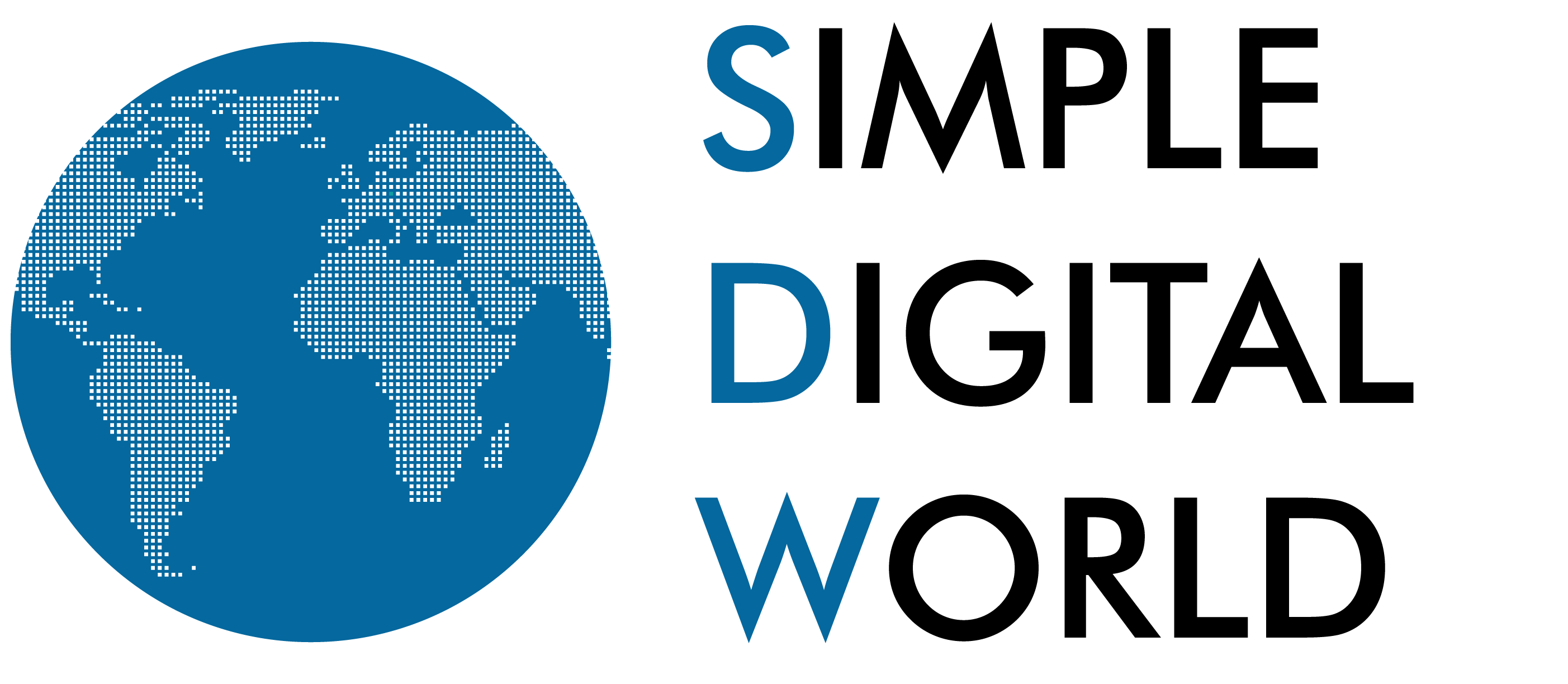A blog post that lists the most commonly used internet terms.
The internet has become an integral part of our daily lives, and with it, a plethora of internet terms that are routinely used while discussing online activities. The internet has its own language that might be difficult to interpret, from websites to search engines, social media to blogs.
Everyone uses the internet, whether for business, social media, or simply for fun. The internet is a fantastic tool, but it also has its drawbacks. The internet is riddled with abbreviations and jargon that might be perplexing. It might be challenging to find the best approach to utilize the internet. Here are the seven most regularly used online words to assist you.
What Is the Internet?
The internet is a global network of connecting computers and other connected devices. It is a vast network of computers that share information and resources, allowing them to communicate over great distances. It is made up of millions of computers all around the world and is referred to as the “information superhighway” by many.
What Is a Website?
A website is an electronic document or collection of documents on the World Wide Web that anybody with an internet connection may access. Websites often include text, photos, music, video, and other types of multimedia information that are structured in a specified manner. Websites are housed on web servers, which are computers linked to the internet, and users may see them using web browsers.
What Is a Browser?
A web browser is a piece of software that enables users to visit webpages on the internet. Google Chrome, Mozilla Firefox, Apple Safari, Microsoft Edge, and Opera are all popular browsers. Browsers render webpages by parsing HTML (hypertext markup language) code and displaying it on a display window for users to view.
What Is an Email?
Email (electronic mail) is one of the most widely used internet applications, and it refers to communications sent between two or more persons online. People use emails to connect with one another in real time, allowing them to exchange information quickly and easily. Email communications are normally delivered through an email server, which holds incoming messages until they are requested or received by the recipient’s computer.
What Is a Search Engine?
A search engine is a software program that searches the World Wide Web for documents or websites based on keywords or phrases input by users. Google, DuckDuckGo, and Bing are examples of popular search engines. Crawling through websites for relevant material and indexing it in their database allows users to locate it more readily.
What Is Social Media?
Social media websites and applications allow users to create and share material with others on the internet. Facebook, Twitter, Instagram, and TikTok are examples of popular social media platforms. Users of social media may remain in touch with friends and family members all around the world while exchanging images, videos, links, and other information in real time.
What Is a Blog?
A blog (short for web log) is an online journal or diary that is often centered on a certain topic or theme and allows users to submit their thoughts, opinions, or ideas in an informal way. Blogs are frequently used by company owners to market their products or services, or just as a creative outlet. WordPress and Blogger are two popular blog platforms.
Bonus Internet Term: What Is a VPN?
A Virtual Private Network (VPN) is a secure connection between two computers over the internet. It uses encryption protocols such as SSH (Secure Shell), SSL (Secure Sockets Layer), or TLS (Transport Layer Security) to assure network traffic privacy and data integrity. VPNs allow remote employees to connect to restricted networks from faraway places without fear of security breaches since all communication sent via the VPN is encrypted before it leaves your device.
The internet has transformed how we interact and exchange information. It made it simpler than ever for individuals all over the world to connect with one another no matter where they are physically situated. Understanding these often-used internet terms will allow you to traverse this ever-changing digital world. With them you can make better use of all its features and capabilities! more easily.




